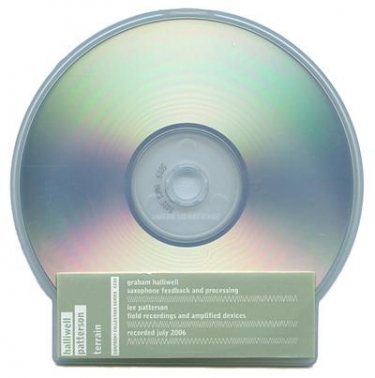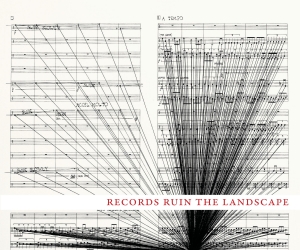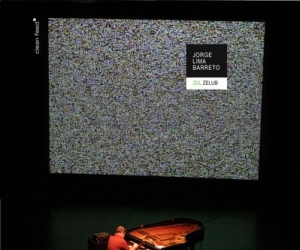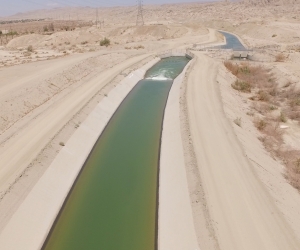
Field recording, granulated by using amplified devices, meets processed feedback and other advanced reed techniques on this notable British session. Altering his initial sources so that they’re divorced from their origin, Lee Patterson creates a voice equal to that of Graham Halliwell’s amplified alto saxophone.
On the most memorable improvisations Patterson approximates the languages of underwater insects and plants, introducing sonic impulses that began as cicada chirping, stones skipping across a watery surface, motors turning or waves lapping against the shore. Patterson, who divides his time between improvising with the likes of harpist Rhodri Davies and creating outdoor sound installations, is matched in inventiveness by Halliwell, who has partnered other sound explorers like bassist Simon Fell. Encompassing strident circular trills or extended hollow-tube respirations, Halliwell’s lower-register blowing is punctuated by tongue slaps and pulsating trills, while his fortissimo feedback is destabilized to such an extent that partials and extensions of every sound can be heard.
On the penultimate track, Halliwell’s reed-biting feedback is so penetrating in volume and intensity that when bone-shaking church-organ-like pulsations are added by Patterson the result is visceral and nearly opaque. The duo’s final invention is buttressed with signal-processed reverberations, guttural overblowing and a steady undertow of resonating growls. Reaching a climax of buzzing polyphony, it deflates into dramatic pauses, then silence.
It’s obvious that this Terrain is anything but earthbound.


